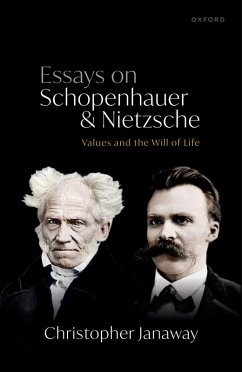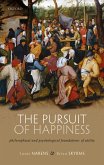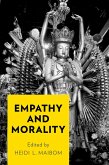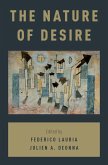This book brings together fourteen essays by Christopher Janaway on the philosophy of Schopenhauer and Nietzsche. They illuminate central philosophical issues in the work of these thinkers - the death of God, the meaning of existence, suffering, compassion, the will, Christian values, the affirmation or negation of life. Some of the essays concern Schopenhauer in his own right, focusing on his concept of will to life, an underlying drive which constitutes our inner essence, but which traps us in self-centred desire, a wrong identification of our true self with the human individual, an egoistic conception of the good, conflict with other beings, and an existence pervaded by suffering. Opposed to the will to life stands everything of real value: art, morality, and the kind of redemption from suffering recognized by mystics from several of the world's religions. Other essays discuss Nietzsche's critical responses to Schopenhauer, and his own challenging views on related topics. For Nietzsche, morality is a questionable phenomenon and egoism is wrongly maligned; suffering is an enhancement of life, and the attempt to eliminate it is impoverishing; art is full, not drained, of willing; the world religions and the whole idea of being saved from our life are symptoms of a malaise from which modern culture has somehow to recover. The book also features discussions of the reception of Schopenhauer by two contemporaries of Nietzsche, Richard Wagner and the analyst of pessimism, Olga Pl?macher.
Dieser Download kann aus rechtlichen Gründen nur mit Rechnungsadresse in A, B, BG, CY, CZ, D, DK, EW, E, FIN, F, GR, HR, H, IRL, I, LT, L, LR, M, NL, PL, P, R, S, SLO, SK ausgeliefert werden.









